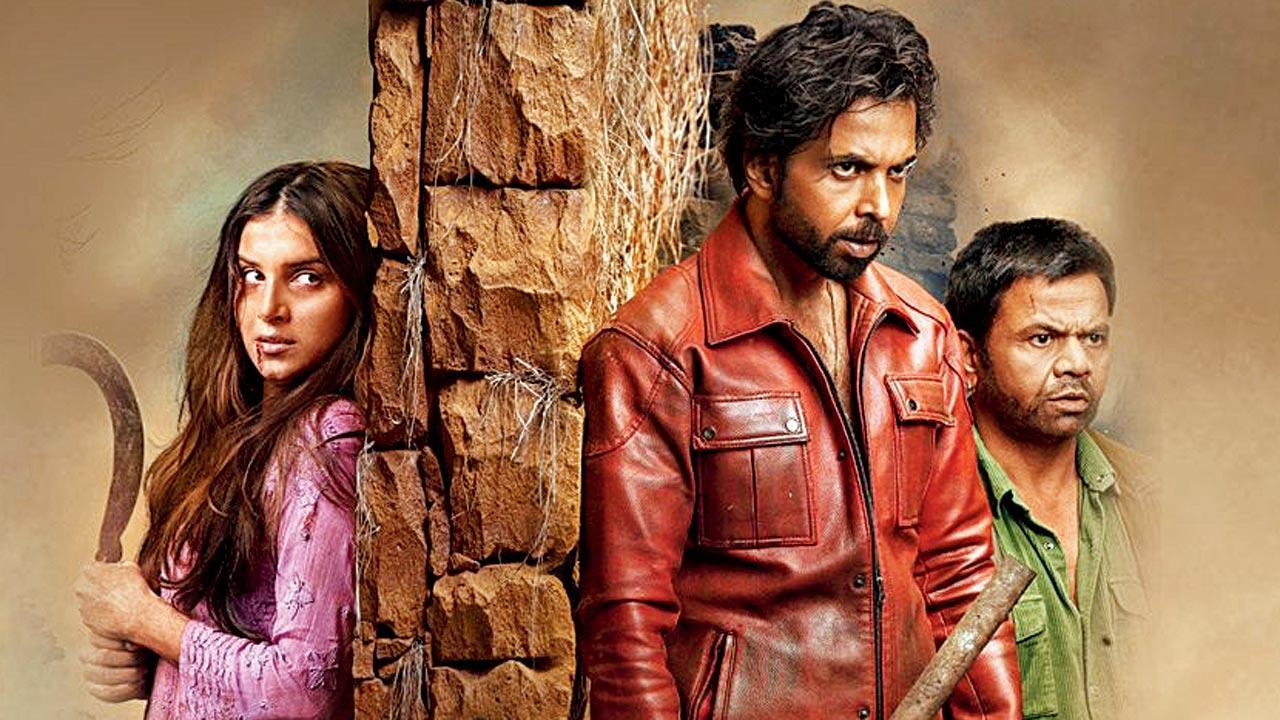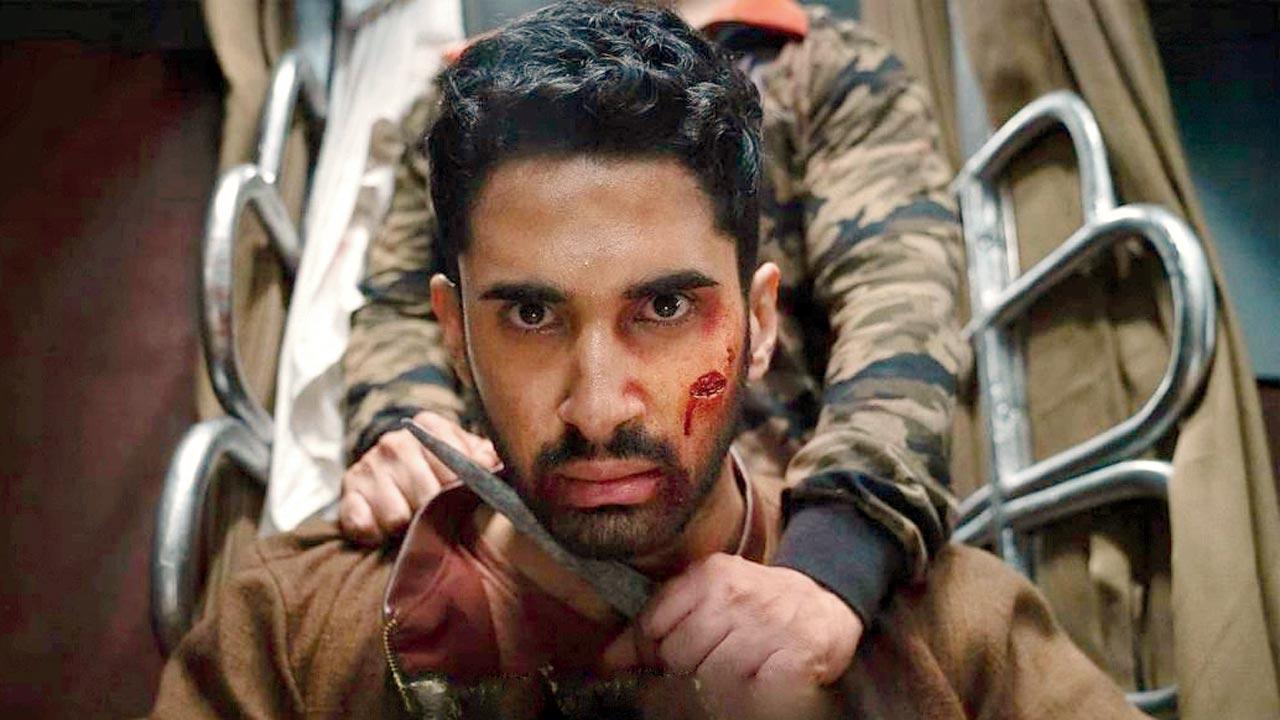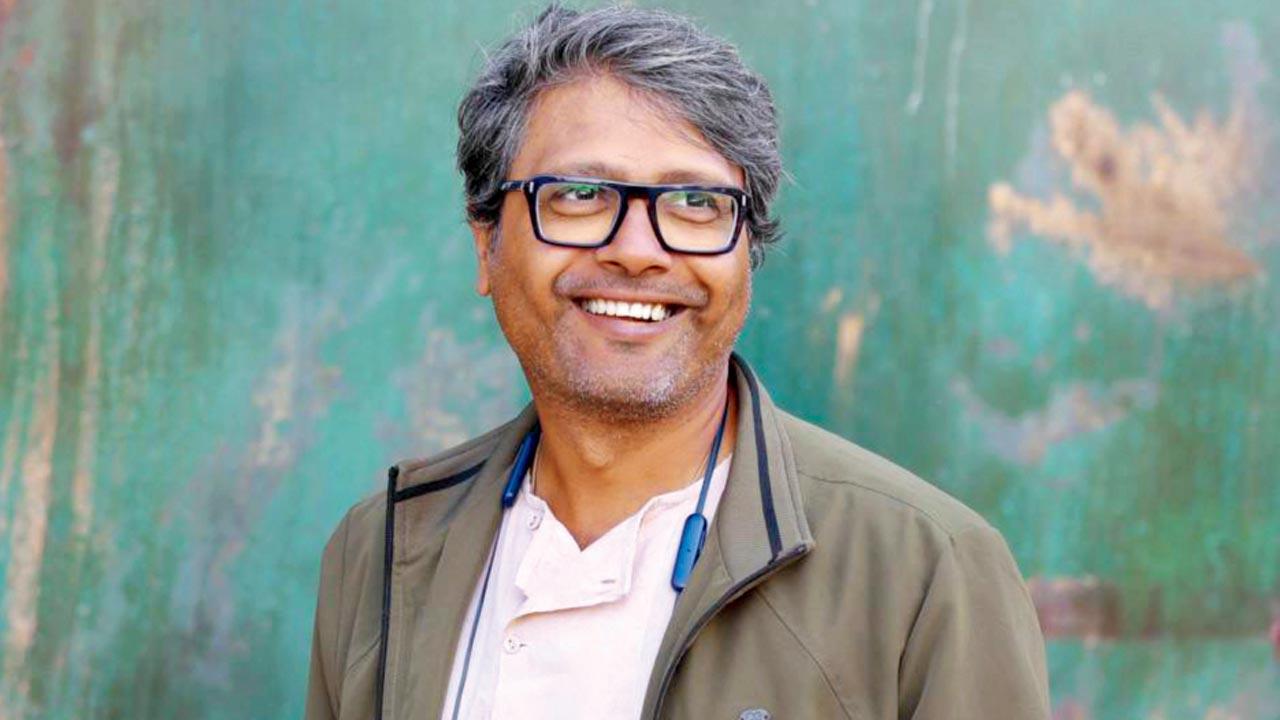Apurva director Nikhil Nagesh Bhat on how he pitched Tara-led survival thriller for 14 years, as different studios suggested roping in male star and adopting lighter treatment

The first look of Apurva
Kill is having the kind of journey that every filmmaker aspires for his movie. Nikhil Nagesh Bhat’s directorial venture, starring Lakshya Lalwani and Raghav Juyal, premièred at Toronto International Film Festival (TIFF), and was recently screened at the Jio MAMI Mumbai Film Festival. The action fare— think stunts and gore along the lines of John Wick—is entirely shot on a train. The director’s next outing, Apurva, too is a survival tale. So, we begin our chat with the obvious question: what’s with the gore on screen? “I get that a lot, especially this year. I am told I need to go see a shrink,” he laughs. But Kill was written in 2020 during the pandemic. “I think the stress and insecurities that were pent up, were put on paper.”
ADVERTISEMENT
 Bhat’s Kill premièred at TIFF in September
Bhat’s Kill premièred at TIFF in September
Having producers Karan Johar and Guneet Monga Kapoor backing your vision can be a high in itself. The joy is only heightened with the positive reviews at TIFF. But Bhat remains composed, saying, “I’m glad both Kill and Apurva are in good places.”
 Nikhil Nagesh Bhat
Nikhil Nagesh Bhat
That Apurva, led by Tara Sutaria and Abhishek Banerjee, is ready to reach the audience must be comforting for Bhat, who spent 14 years searching for collaborators to back the powerful story of a woman fighting male assailants. “Apurva was written in 2009. I know women are stronger than men. I have seen powerful women all my life—my DA [director’s assistant] is a woman, my creative producer is a woman and has contributed a lot to this film. In Kill, I wanted a woman to do the dialogues. As a writer-director, I acknowledge that I’d never know what a woman goes through.”
Today, he is happy that the Disney+ Hotstar offering has shaped up exactly as he wanted—“uninhibited”. But he clearly remembers how difficult it was, during those 14 years, to pitch the woman-led story to an industry that loves to see male actors as the saviour in narratives. “The producers, who I first pitched Apurva to, kept saying a hero should come and rescue the girl. Ek hero daal do, they said. But I didn’t want to change the story of a woman trying to save herself. That’s the film I set out to make. When you see a woman fight back, you root for her. People wanted to make it lighter. Some felt it’s not a [mainstream] film, but it is.”
 Subscribe today by clicking the link and stay updated with the latest news!" Click here!
Subscribe today by clicking the link and stay updated with the latest news!" Click here!







